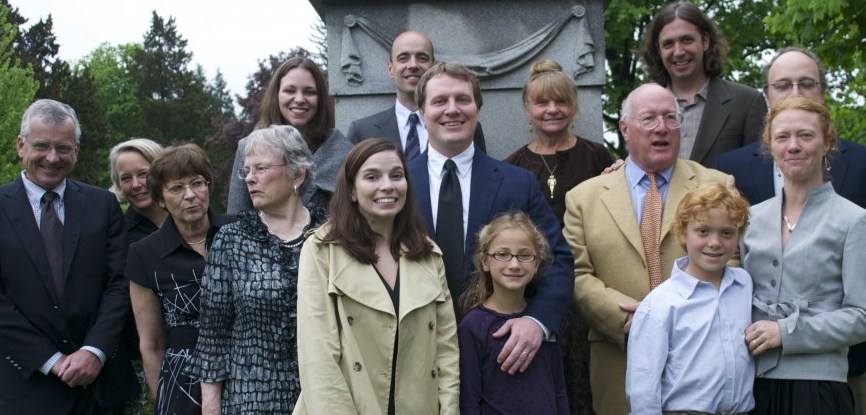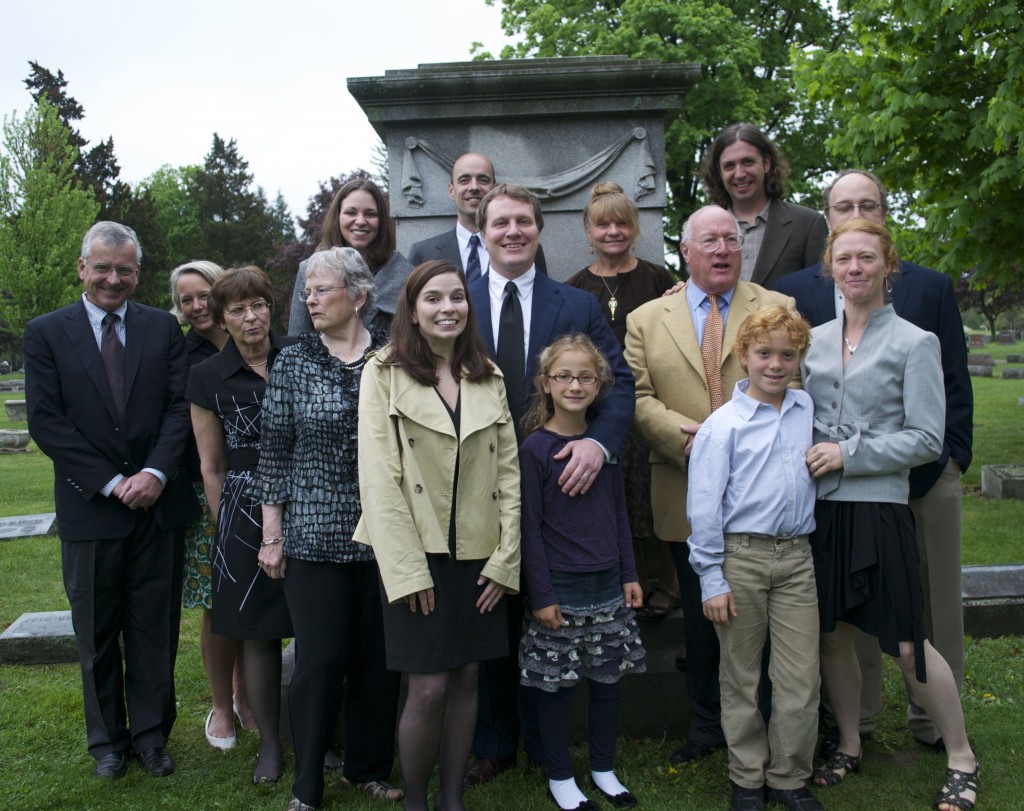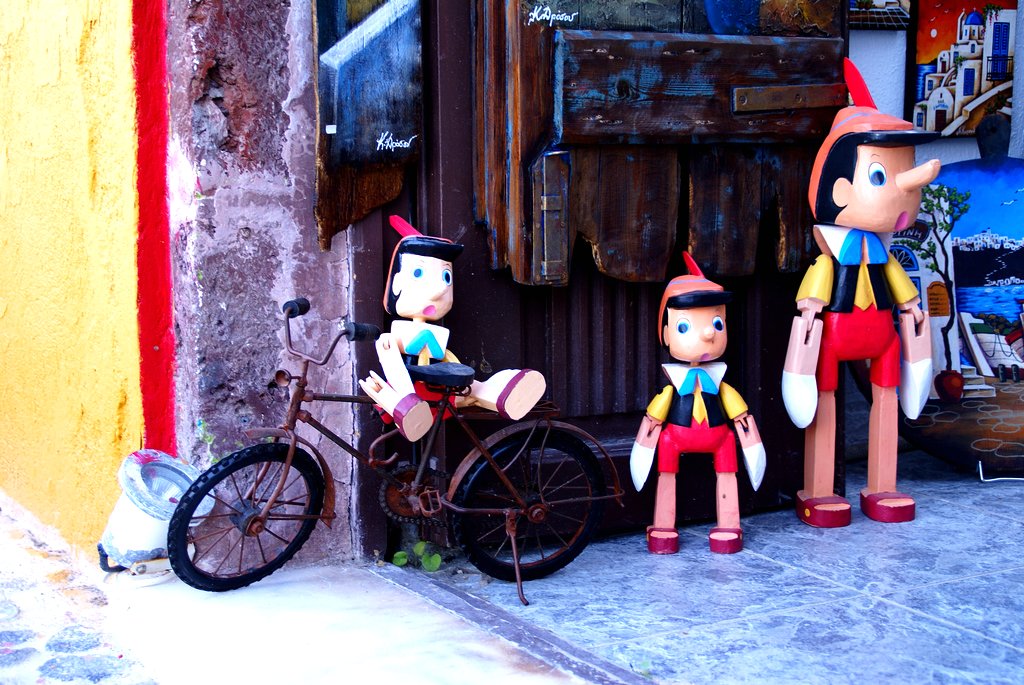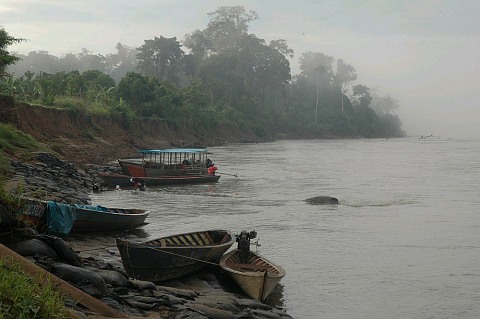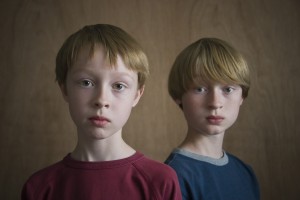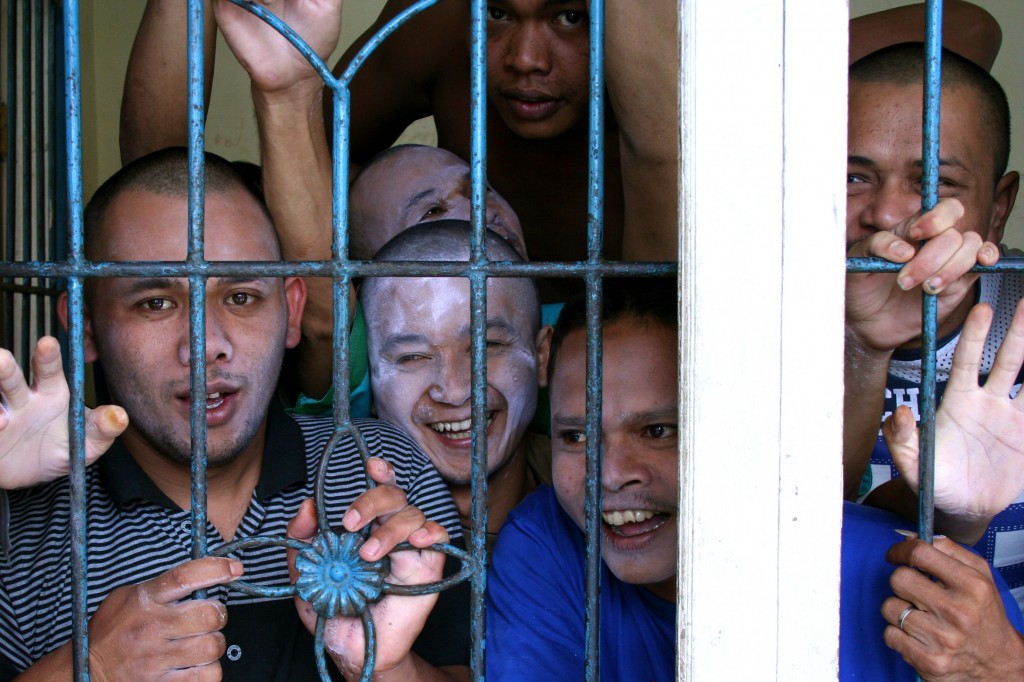 You remember the late 1990s. Money grew on trees, and if your money-picking arm got sore, you could just hold out your skirt to catch the falling sky-money. Take my friend X, who made $90,000 one year freelancing as a PowerPoint guy. Masters of the universe who didn’t understand caps lock threw bags of cash at X to do Microsoft makeovers on their overhead projector transparencies. Do a little light typing, add a shutter click here, add a whirly effect there, collect $90,0000.
You remember the late 1990s. Money grew on trees, and if your money-picking arm got sore, you could just hold out your skirt to catch the falling sky-money. Take my friend X, who made $90,000 one year freelancing as a PowerPoint guy. Masters of the universe who didn’t understand caps lock threw bags of cash at X to do Microsoft makeovers on their overhead projector transparencies. Do a little light typing, add a shutter click here, add a whirly effect there, collect $90,0000.
It’s been more than 10 years, but my bitterness is still fresh as a daisy. At the time I was dutifully rounding out my higher education. He had dispensed with the whole thing at 16, taught himself how to negotiate the internet before AOL had sent its first free CD, and off he went into the stratosphere while I ground out essays and sweated through exams. The worst part is that those exorbitantly expensive PowerPoints often didn’t even see the light of day, he told me, because sometimes the meetings would start and no one knew how to open the program. My esophagus burned.
My traumatic history was resuscitated a few weeks ago when I saw that e.p.t., the pregnancy test, was following Christie on Twitter. Continue reading →
